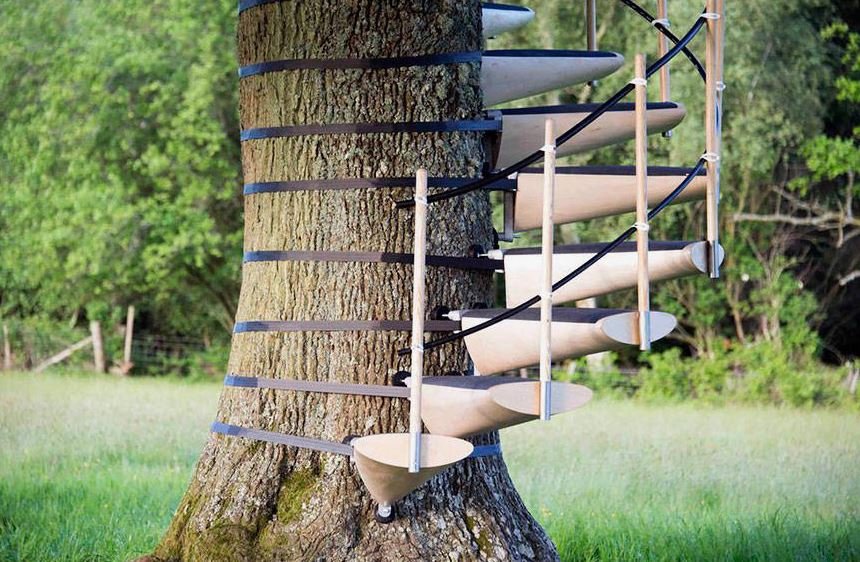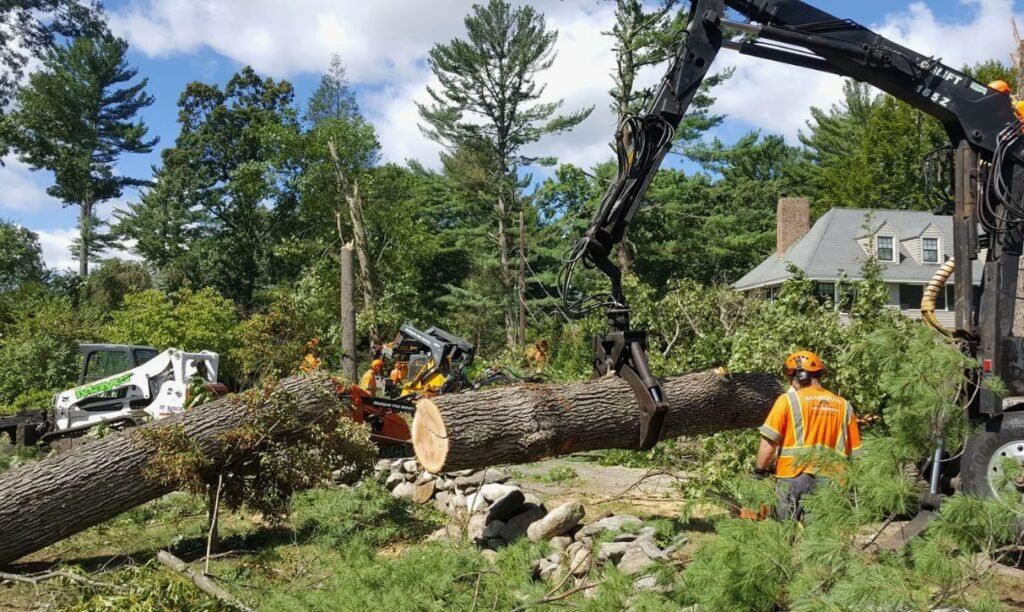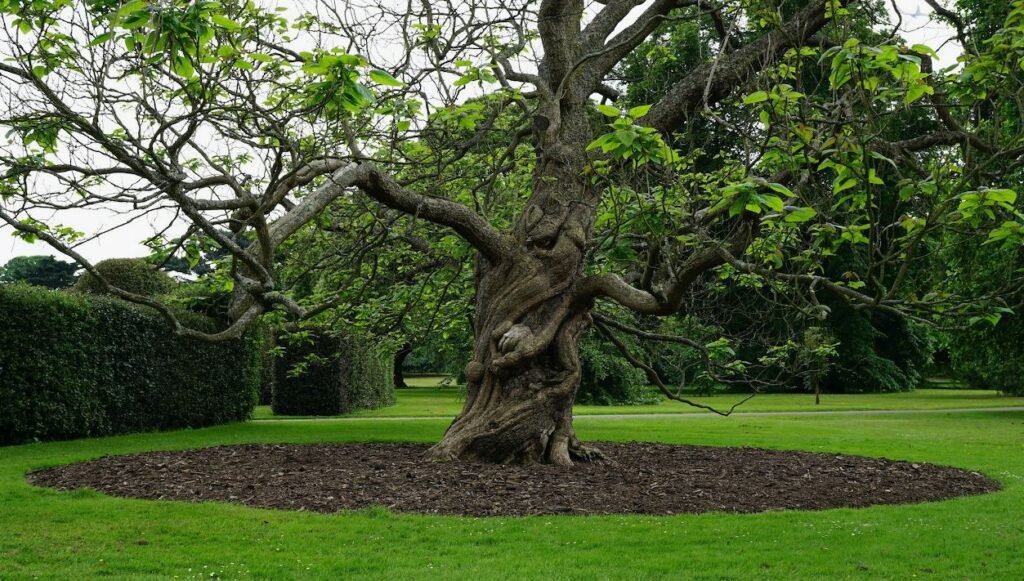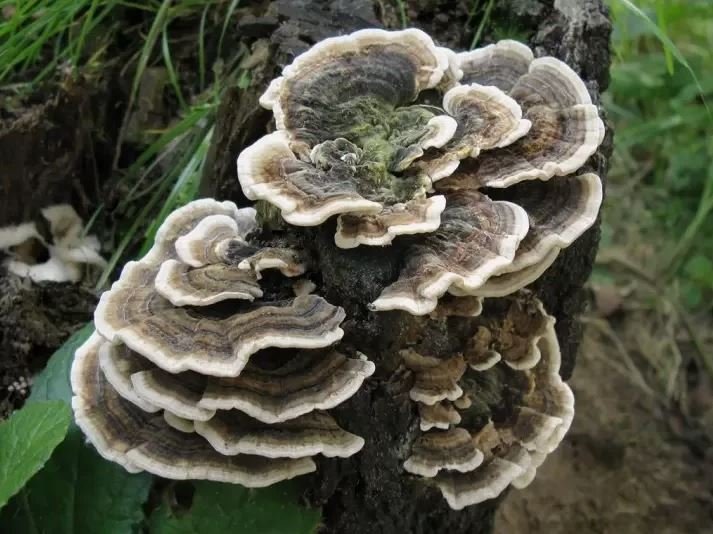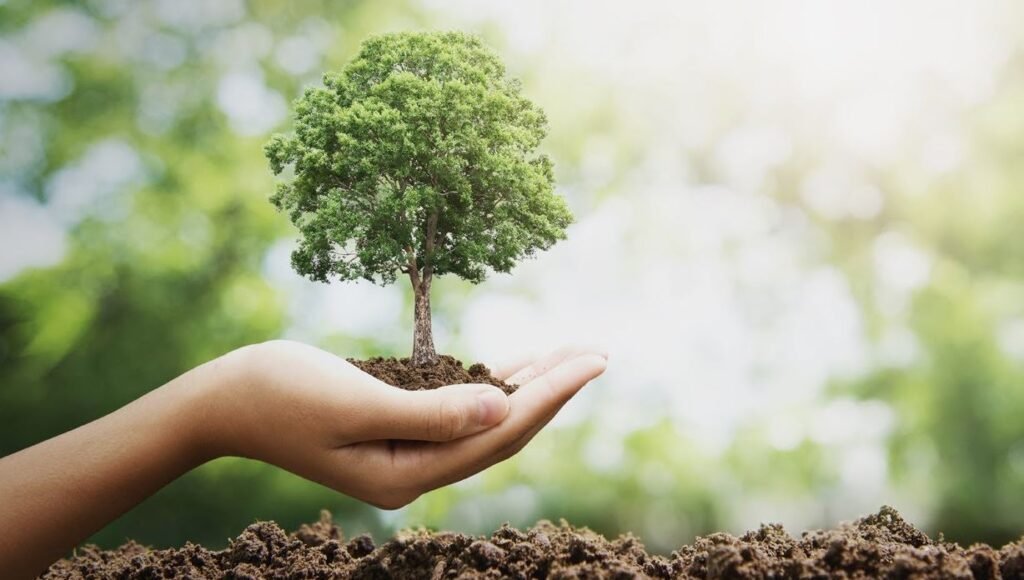Trees are not only essential for the environment and our well-being, but they also increase your property value. Whether you’re planning to sell your home or simply want to boost its appeal, planting and maintaining healthy trees can lead to substantial financial returns. In this blog, we’ll explore how trees increase property value, the numerous benefits they provide, and when to seek professional help for proper tree care.
The Impact of Trees on Increasing Property Value
Trees offer numerous aesthetic, environmental, and practical advantages, all of which contribute to increasing the value of a property. Studies show that well-landscaped homes with mature trees can increase in value by as much as 15% compared to homes without trees. Let’s dive into the specific ways trees add value to your home.
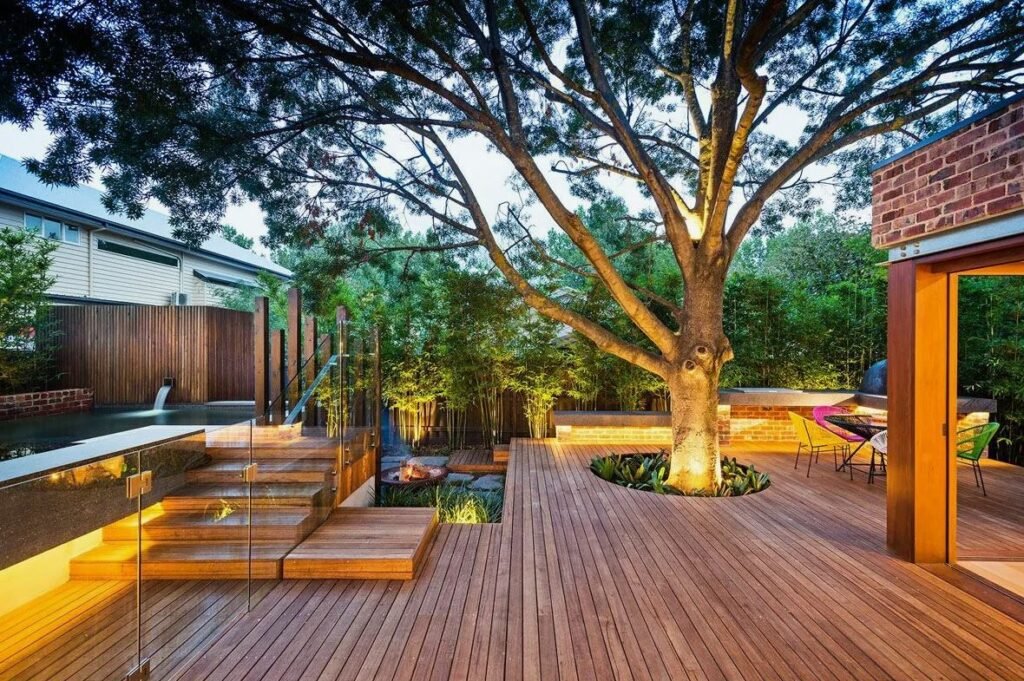
1. Enhancing Curb Appeal
One of the most immediate and noticeable benefits of trees is their ability to enhance curb appeal. The first impression of a property is crucial, and a home surrounded by healthy, well-maintained trees creates a welcoming and attractive appearance.
Aesthetic Appeal
Mature trees and well-designed landscapes make a home appear more inviting and complete. They add color, texture, and structure to your yard, giving the property a more polished and refined look. Potential buyers are more likely to be attracted to homes that offer beautiful landscaping, which can lead to a faster sale at a higher price.
Seasonal Appeal
Trees provide year-round beauty with their changing colors, blooms, and structure. In the spring, flowering trees add vibrant colors to the landscape, while in the summer, leafy trees offer lush greenery. In autumn, the changing foliage provides a picturesque scene, and even in winter, trees contribute to the overall aesthetic with their unique silhouettes and snow-covered branches.
2. Providing Shade and Energy Savings
In addition to their visual appeal, trees offer practical benefits, such as providing shade, which can significantly reduce energy costs for homeowners.

Cooling and Heating Efficiency
Trees strategically planted around your home can reduce the need for air conditioning by providing natural shade and cooling during the hot summer months. Large, leafy trees can block sunlight from hitting your home, reducing indoor temperatures and helping you save on energy bills.
In the winter, trees can act as windbreaks, reducing cold winds and helping to insulate your home. This natural protection lowers heating costs, making your home more energy-efficient year-round.
Environmental Benefits and Appeal
Homes that are more energy-efficient due to tree placement appeal to environmentally conscious buyers who are looking for eco-friendly living spaces. This not only increases your home’s marketability but also adds to its overall value.
3. Improving Privacy and Reducing Noise
Another valuable benefit trees provide is increased privacy and noise reduction. Trees create a natural barrier between your property and the surrounding area, giving your home a more secluded feel.
Privacy Enhancement
Tall trees and dense foliage can serve as a natural fence, blocking views from neighbors or passersby. This creates a sense of privacy and security, which is highly desirable for many homebuyers. Homes with natural privacy features are often more appealing than those without, leading to higher property values.
Noise Reduction
Trees act as natural sound barriers, especially in urban or suburban environments. Dense trees can reduce the noise from traffic, construction, and other neighborhood sounds, creating a quieter, more peaceful living environment. For buyers seeking tranquility, homes with well-placed trees that offer noise reduction are particularly attractive.
4. Environmental and Health Benefits
Trees enhance environmental quality, making properties more desirable and ultimately increasing their value.
Improved Air Quality
Trees absorb pollutants from the air, such as carbon dioxide, nitrogen oxides, and sulfur dioxide. By improving air quality, trees make the surrounding environment healthier for residents. Potential buyers will appreciate the clean air and natural benefits that trees provide.
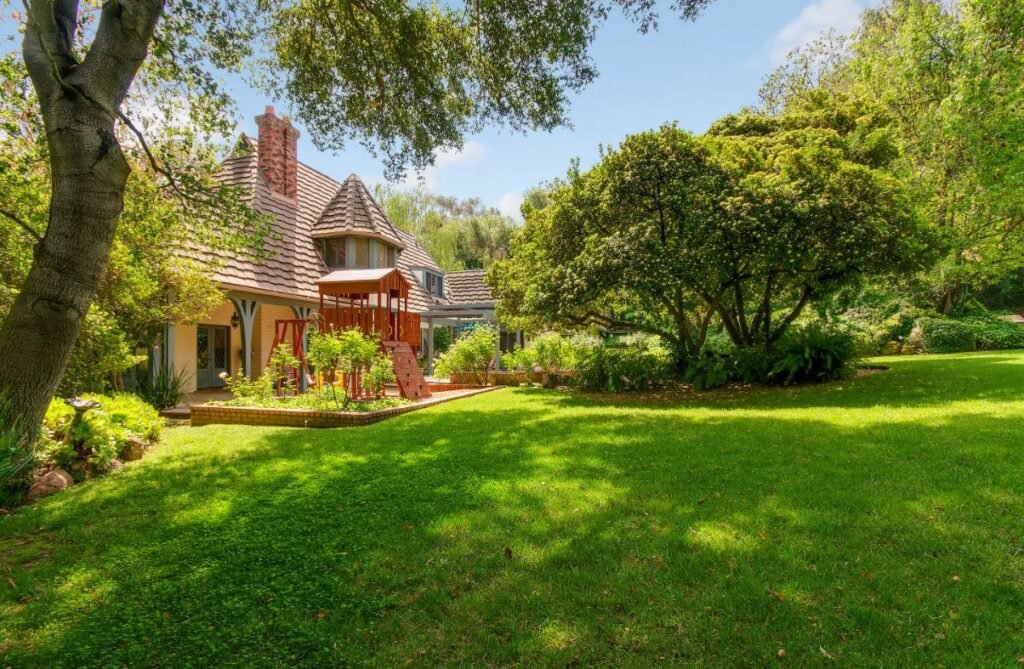
Promoting Well-being
Numerous studies have shown that spending time around trees and green spaces can reduce stress, lower blood pressure, and improve mental health. Homes surrounded by trees and greenery create a calming atmosphere, which is highly sought after by buyers looking for a peaceful and healthy living space.
5. Long-term Investment in Property Value
The value that trees add to your property is not a short-term benefit. As trees grow and mature, they continue to enhance the value of your home. Mature trees, in particular, are valuable because they take decades to grow and reach their full potential. When you invest in planting trees, you’re making a long-term investment in the property’s future marketability and value.
Increased Property Lifespan
Properly maintained trees can last for generations, increasing the overall lifespan and beauty of your property. When potential buyers see that your landscape includes mature, healthy trees, they recognize the value and longevity that trees bring to the home.
Best Tree Species for Increasing Property Value
Not all trees offer the same benefits in terms of increasing property value. When selecting trees to plant on your property, it’s essential to consider species that thrive in your local environment, are low-maintenance, and provide aesthetic and practical benefits.
1. Native Species
Native trees are typically the best choice for property value enhancement because they are well-suited to the local climate and soil conditions. They require less maintenance and are more likely to thrive, providing lasting value.
- Examples: Oak, maple, and pine trees are common native species that add value to homes.
2. Fast-growing Trees
Fast-growing trees offer quicker returns on your investment by providing shade, beauty, and privacy within a few years of planting.
- Examples: Poplar, willow, and red maple are examples of fast-growing trees that can enhance property value.
3. Low-maintenance Trees
Trees that require minimal maintenance, such as those resistant to disease and pests, are ideal for homeowners who want to maximize value without investing too much time or resources into tree care.
- Examples: Dogwood, magnolia, and eastern redbud are low-maintenance trees that also add beauty to your landscape.
When to Call a Professional Arborist
While trees offer many benefits, maintaining them properly is essential to ensure they continue to add value to your property. There are certain situations where calling a professional arborist is necessary to keep your trees healthy and your property safe.
1. Tree Health Assessment
If you notice signs of disease, decay, or damage in your trees, it’s essential to call a professional arborist. They can assess the health of the tree and recommend treatments or removal if necessary. Healthy trees are more valuable to your property, so maintaining them is key.
2. Pruning and Maintenance
Regular pruning helps maintain the shape and health of your trees. Overgrown or improperly pruned trees can become hazardous, especially in storms. An arborist can provide expert pruning to encourage healthy growth and prevent potential safety hazards.
3. Tree Removal
If a tree is dying or poses a threat to your home or neighboring properties, it may need to be removed. Professional arborists can safely remove trees and recommend replacements that will enhance your property’s value.
How Proper Tree Care Helps Increase Property Value
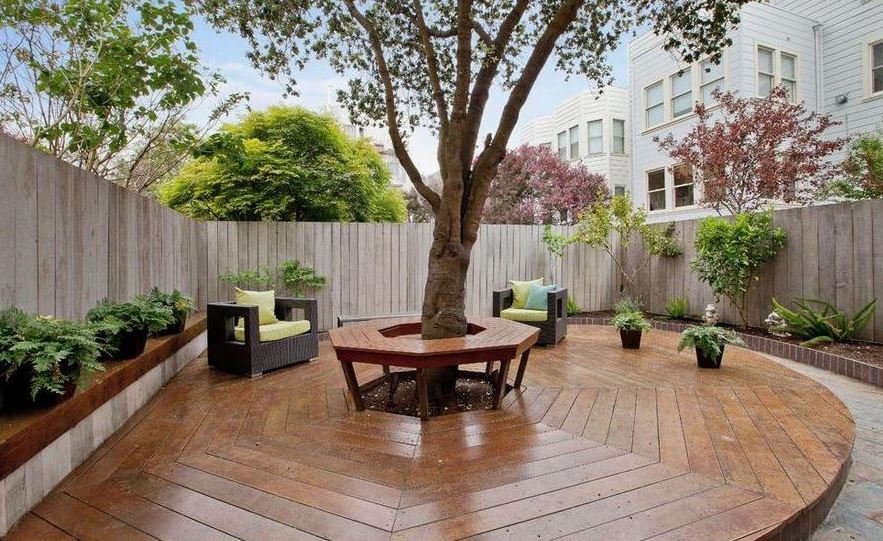
Trees are one of the most valuable investments you can make in your property. From improving curb appeal and providing energy savings to increasing privacy and promoting health, trees offer a wide range of benefits that contribute to a higher property value. By carefully selecting, planting, and maintaining trees, you can enjoy both the environmental and financial rewards of a well-landscaped property.
To ensure your trees continue to add value to your home, it’s essential to call in a professional arborist for tree health assessments, pruning, and removal when necessary. With the right care and attention, trees will enhance your property for years to come, providing beauty, privacy, and financial benefits.
